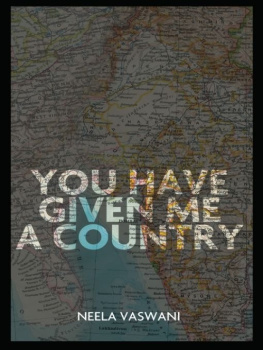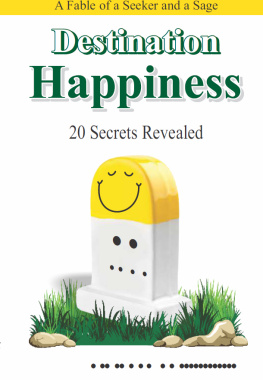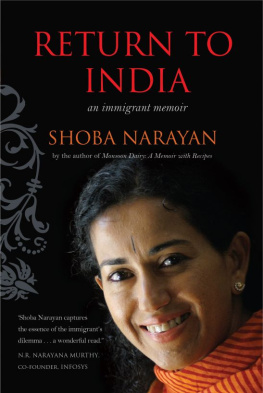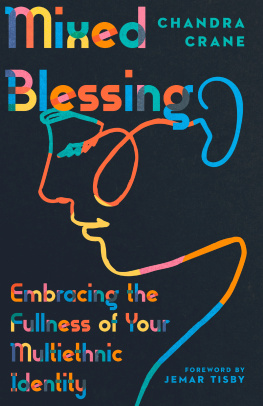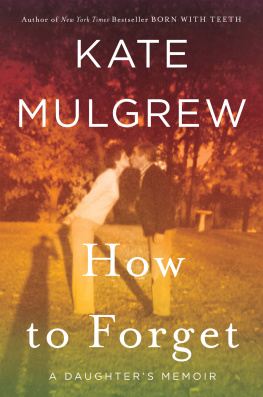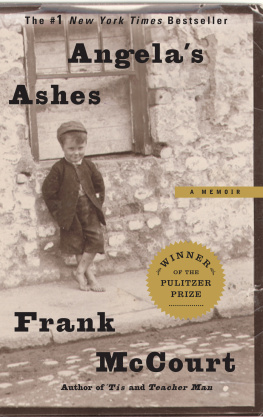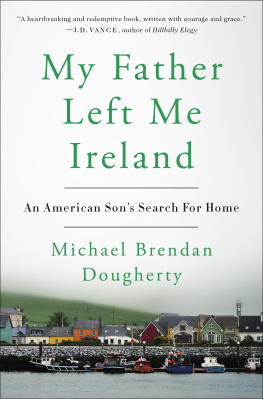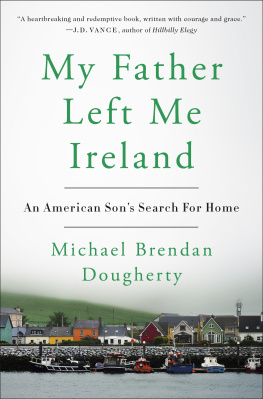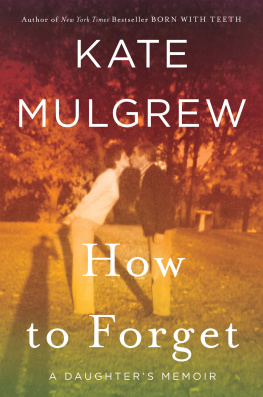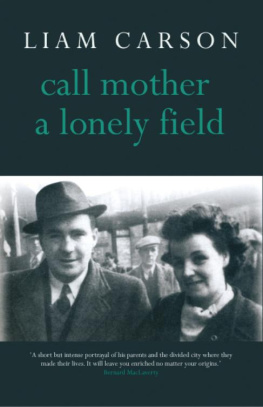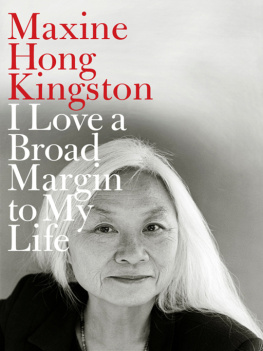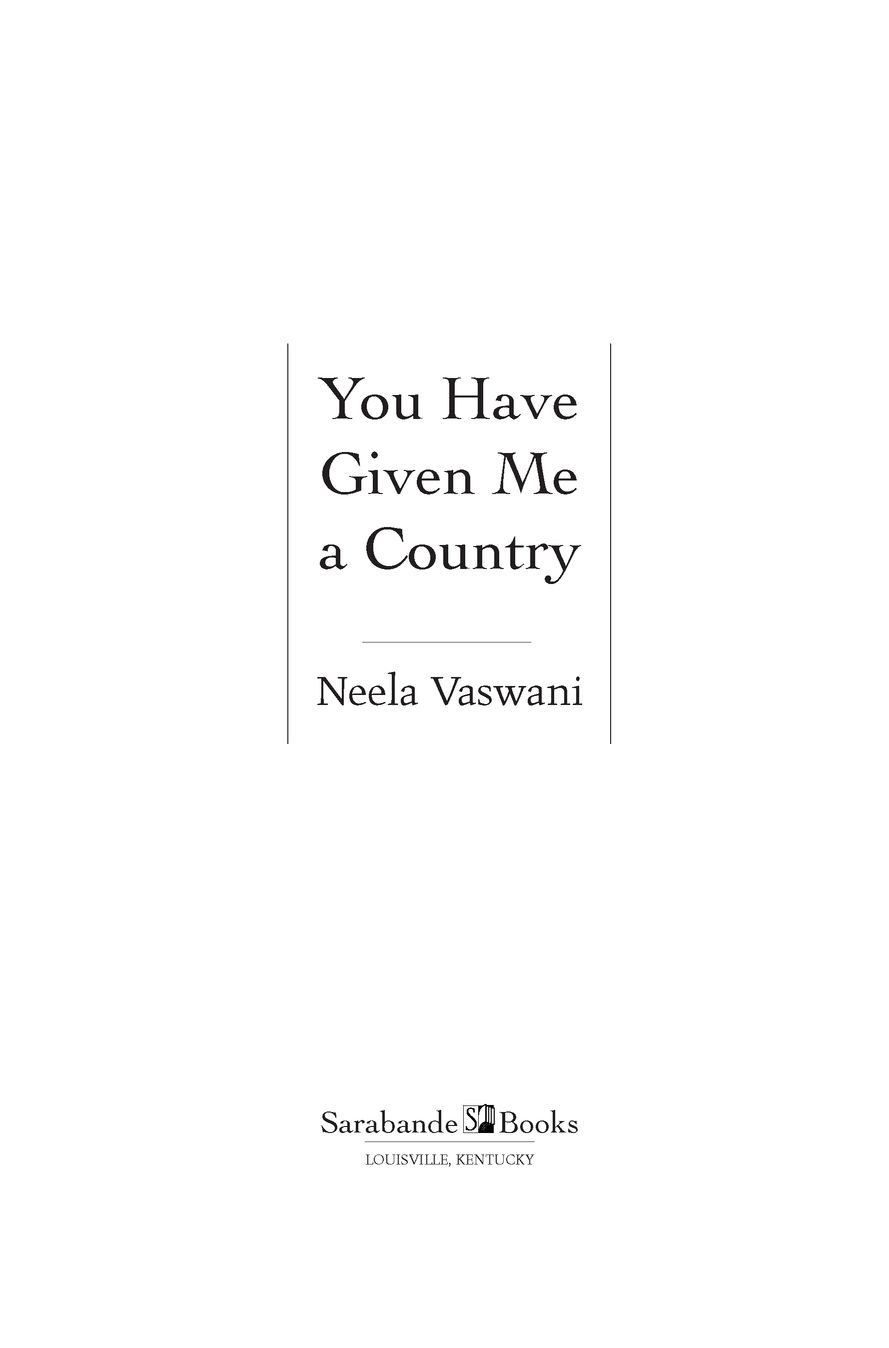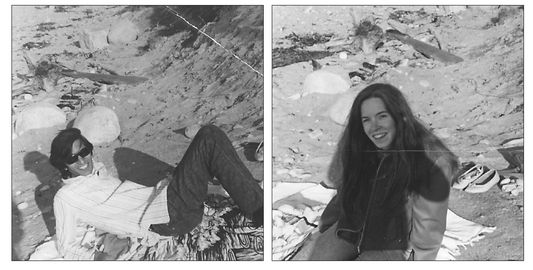Table of Contents
For Holter
Sage Narada challenges the divine sons of Shiva and Parvati:
The first to circle the world thrice eats this, the sweetest mango.
Skanda mounts his peacock, flies three times around the world
Wingbeats swift like time and death, three times around the world.
Dismounts, demands the prize. Nah, says Narada. Your brother won. While Skanda flew, Ganesh walked, palms pressed together, three times around his parents.
What follows is real, and imagined.
YOU HAVE GIVEN ME A COUNTRY
December 25, 1980
This place; that place. You have to stand someplace. I pledge allegiance to the in-between.
I am six. My mother: thirty-two. It is our first visit to India, my fathers country. On Christmas Day, we leave New York with our rolling suitcase, my father delighted that the ancient invention of the wheel still improves human life in new ways. Such elegant machinery, he says, Revolutionary. One hundred percent guaranteed. We have never before owned a suitcase on wheels.
Half an hour before the plane lands, my mother walks me to the bathroom and I change from a tracksuit to a salwar kameez of green paisley. I believe if I stand too close to the toilet I will be sucked out into the clouds. My mother changes to a pink salwar kameez stitched with rows of black beads. She pats the beads gently, then laughs, Christ Almighty, its like Im sewn into a rosary. Walk a mile in a mans shoes.... She raises a finger as she speaks so I know it is a lesson.
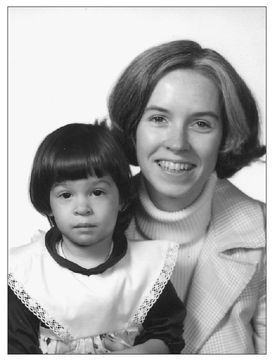
At Dum Dum Airport, Calcutta, the hot air is fluffy with mosquitoes that hover but do not bite. My mother gives me a candy cane wrapped in plastic. Little bit of Christmas, she says. The air blooms with zinnia-colored saris and flashes of gold. Doors, windows, flung open to the long dark hem of horizon, the sun rising like a bloody egg. A woman sweeps the floor with a broom of sticks, moving in a squat like a crab. Two policemen with black guns lean against a wall. I tighten my fingers around my fathers pant leg. He looks down at me and says, Calcutta, his loss, joy, mingled.
Just past the baggage claim, the Vaswani-Jhangiani clan stands shoulder to shoulder. My father waves and nineteen hands wave back. Oh, she looks just like Dadi, oh, so sweet, chhoti babi, Arrey, why are you cribbing? Let me get closer, guee a me sura. Arrey, so fair, keeya ah ee, beri hi paar.
I am comforted by the faces and bodies like mine. The stories come true. Everyone speaks like my father, a jumble of Sindhi, Hindi, English. My father meets the children born in his absence. They shake his hand solemnly and call him Uncle. The women study my mothers blue eyes, the vivid white streak in her reddish-brown hair. Someone says, Like Indira Gandhi. My mother replies, White hair. Curse of the Irish.
I unwrap the candy cane. It sticks to my hand. Minty sweetness, distant Christmas. I suck the red stripes into white while my parents dole out bottles of duty free Johnny Walker Black Label and Revlon lipsticks that sweat in the heat. My cousins are suspicious of the Michael Jackson poster rolled in a tube. Counterfeit, they whisper.
I lie on my back on top of the wheeled suitcase and play my favorite game: Unfocus Your Eyes. Everything goes indistinct, indefinable. No man, no woman, no table, no chair. The world, a soft blur. Swashes of color, flickering shapes.
I snap back to focus.
A pigeon. Inside the airport, flapping near the rafters. In the Indian comics I read, there are peacocks, crows, sparrows, hawks. But no pigeons. I think it is an American bird. This one must have flown from New York to Calcutta, like me. I love pigeons. Their orange eyes and pink feet. Their necks, iridescent purple and green, mysterious as an oil slick in a parking lot.
A woman with my fathers face leans over me. I am Gagi Auntie. What are you looking at, beti?
I point. She says, Ah. Kabootar.
The pigeon, so universal, it has a name everywhere. Not American. Not Indian. Just pigeon. It flies, loyal to itself. Citizen of the air, waving the flags of its two grey wings.
Come, my aunt says, reaching down to lift me off the wheeled suitcase, Chhalo, it is time for home.
I link my arms around her neck, lean my face against her shoulder. Feel a pin hidden under a fold of her sari. I shift my nose. Through the fabric, I smell the pin, like an old nickel at the bottom of my grandfather Kents change purse. I think of him alone in America. He loves pigeons, too. He says they are fattest outside the library because readers are generous. He says they always find their way home.
At Dum Dum Airport, Calcutta, just arrived, I feel the grief of leaving. Everything is a temporary reunion. It will be painful to leave my family in India, as it was painful to leave my grandfather and America. No matter where I am, I will think of lives being lived across the world. India, America. This place, that place. You have to stand someplace.
My lips harden to beak; my fingers melt to the softness of feathers. I look down at the world: a soft blur. Always in-between. And, in-between, home.
THIS PLACE, THAT PLACE
On April 1, 1973, my mother married in Elkton, Maryland, a brackish wind off the Susquehanna tweaking her violet sari as she stood on the front steps of City Hall signing the license against my fathers proffered back, her signature slanted where the pen bumped over his spine. No church, no priest. No family present. In marrying an Indian citizen, in later bearing a mixed baby, she broke her religion. Broke from the long line of close-knit Irish-Catholic Sullivans. Broke the extant anti-miscegenation law in Marylands constitution, struck down six years earlier but still in the pages and memorized by law students.
Two years before my parents married, my father had flown into JFK with his forehead pressed against the slick window of the plane. Forty-four dollars, an H1 work visa, and a photocopy of his medical degree, stuffed in the right front pocket of his grey polyester pants. He was alone with one tiny suitcase. As the plane turned south, he saw the green arm of the Statue of Liberty, a speck in the harbor, felt the same crash of wonder my great-grandmother, Catherine Sullivan, felt when she saw that forearm in 1897 from the deck of a coffin ship bound for Ellis Island from Dingle Bay. She had noted its thickness: an arm capable of bearing harvests, children, sorrow. It was the bulk of the arm, the hard beauty of the womans face that made my great-grandmother believe in America. She did not believe in an endless supply of butter. She did not believe that anything in life could be easy or free. Nor did my father. He stared at the foreign skyline and whistled a bit of Beethovens Symphony No. 7 for courage, his cheeks sucking in and out like slim bagpipes.


